let's say I have several differential equations in the following form
where the variables in the pointed brackets are complex numbers for example
My question is whether it is possible in the Maxima to write down at first the set of the differential equations in the form mentioned above without evaluation the derivatives, then make the substitutions for the variables in the pointed brackets and after that evaluate the derivatives and separate the real and imaginary parts.

